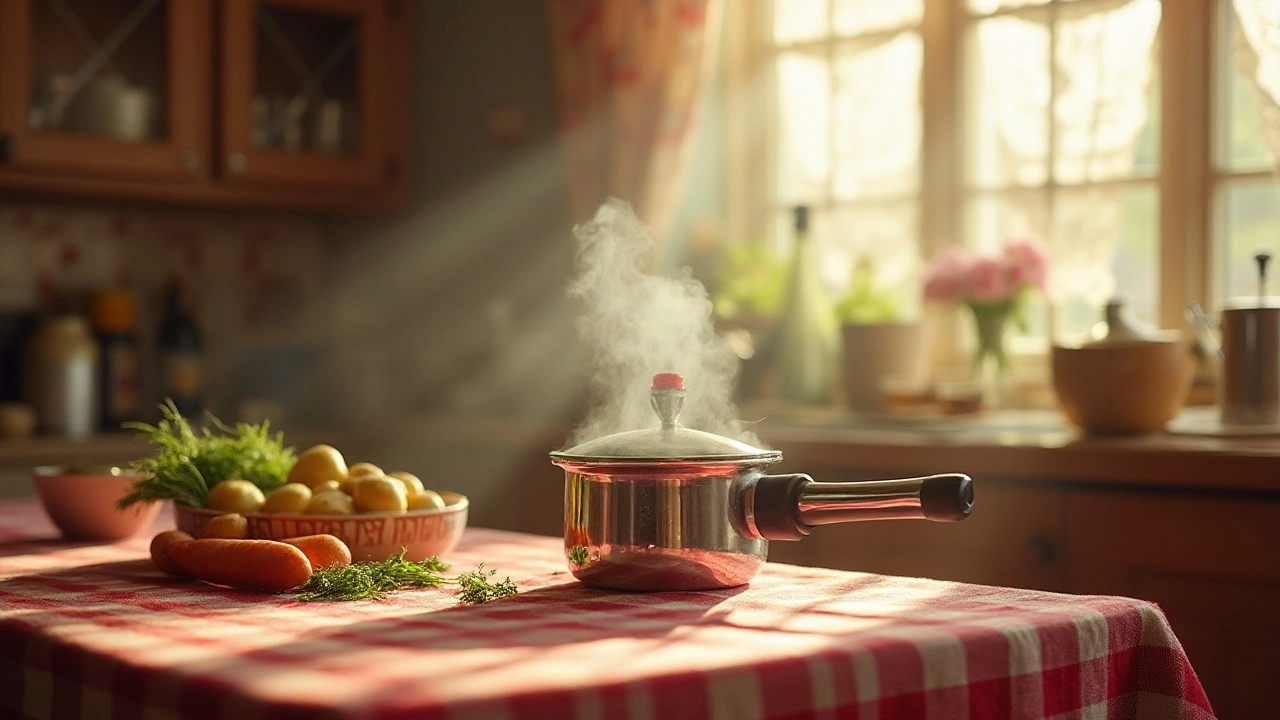Cooker Safety Tips You Can Use Right Now
We all love cooking, but a careless moment can turn a tasty meal into a nightmare. The good news? Staying safe around your cooker takes just a few simple habits. Below are the top tips that keep fires, burns, and gas leaks out of your kitchen.
Keep the Area Clean and Clear
Spills are more than a mess – they’re fire fuel. Wipe up oil, butter, and food bits as soon as they appear. A greasy surface can ignite the next time you heat the burner.
Never place towels, oven mitts, paper bags, or curtains next to the heat. Even a small piece of cloth can catch fire in seconds. Store these items safely away from the stove when you’re cooking.
Use the right size pan for each burner. A pan that’s too small leaves the flame exposed, which can scorch the pan and start a flare‑up.
Handle Gas and Electricity the Right Way
If you have a gas cooker, give the knobs a quick turn before you light anything. You’ll hear a soft “whoosh” if there’s gas leaking – that’s a clear sign to stop and ventilate.
Never use a lighter or matches to light a gas stove if you smell gas. Open a window, turn off the gas at the valve, and call a professional.
For electric hobs, keep the surface dry. Water conducts electricity, so a wet hob can give you a nasty shock. If a spill gets into the controls, unplug the unit and let it dry before you use it again.
Regularly inspect cords and plugs for wear. Frayed wires are a fire risk, and a loose plug can cause intermittent power that damages the hob.
Now, a few quick habits that make a big difference:
- Never leave cooking food unattended. If you must step away, turn the heat down or switch the burner off.
- Keep a fire blanket or a small kitchen‑type fire extingisher within arm’s reach. It’s easier to tackle a small flame than to fight a big one.
- Teach kids to stay back from the cooker. If they need to help, give them a safe task away from the heat, like washing veggies.
- Schedule a professional service once a year. A technician will check gas connections, clean burner ports, and make sure the controls work properly.
Finally, remember that a cooker is just one part of a safe kitchen. Good ventilation, a working smoke alarm, and clear exit routes complete the picture. Follow these tips, and you’ll enjoy your meals without worrying about accidents.
Got a specific worry? Maybe a stubborn smell or a burner that won’t ignite? Give your local repair pro a call – a quick check can save you from a costly repair later.
Why Pressure Cookers Explode and How to Prevent It
0 Comments
Pressure cookers can be a great tool in the kitchen but can also pose dangers if not used correctly. Understanding what causes a cooker to burst can help in preventing accidents. This article delves into common reasons for cooker explosions, from pressure buildup to faulty seals. It also provides practical tips for maintenance and safe usage to ensure your pressure cooker operates smoothly. Safety modifications and cautionary steps can transform the way you cook under pressure.
Read More